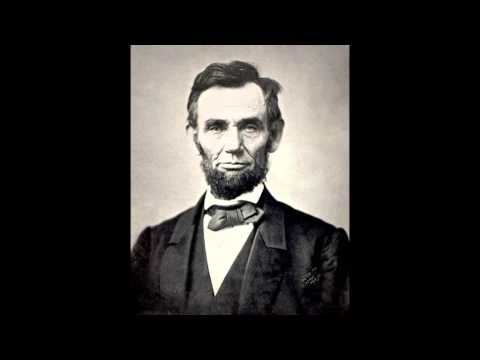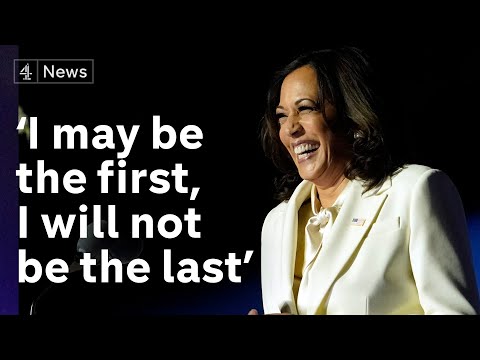Introduction
The presidency of the United States holds immense significance not only for the nation but also for the global stage. Each president brings a unique set of ideas, leadership styles, and challenges that shape America’s journey towards progress and unity. From George Washington to Joe Biden, the dynamic nature of the role has been witness to triumphs, turmoil, and transformative moments. Let’s delve into some remarkable presidents who have left an indelible mark on this great nation.
George Washington: The Inaugural President
George Washington, revered as the “Father of His Country,” set the tone for presidential leadership. Elected unanimously as the first president in 1789, he established numerous precedents still followed today. Despite leading a young and fragile nation after revolution and winning two terms, Washington declined to run again out of fear that his prolonged stay in power could lead to monarchy or dictatorship.
Thomas Jefferson: Championing Democracy
Thomas Jefferson’s presidency (1801-1809) ushered in an era defined by limited government intervention and agrarian democracy. Known for his authorship of the Declaration of Independence, Jefferson prioritized individual liberty as fundamental to a prosperous society by promoting westward expansion through the Louisiana Purchase.
Abraham Lincoln: Preserving a Divided Nation
Abraham Lincoln held office during one of America’s darkest hours —the Civil War (1861-1865). A resolute leader committed to preserving the Union while abolishing slavery, Lincoln skillfully navigated unprecedented challenges through his Emancipation Proclamation and inspiring Gettysburg Address.
Franklin D. Roosevelt: Guiding America Through Crisis
Franklin D. Roosevelt led America through both economic depression and World War II during his unprecedented four terms (1933-1945). His New Deal policies aimed at ending systemic poverty proved monumental while his steady leadership steered America through tumultuous times, culminating in the Allied victory overseas and a transformed nation at home.
John F. Kennedy: Inspiring a Nation
John F. Kennedy’s presidency (1961-1963) instilled an unyielding sense of national pride and possibility. His youthful charm, vision for progress, and handling of the Cuban Missile Crisis cemented his place in American folklore despite his tragically shortened tenure.
Barack Obama: Hope and Change
The historic election of Barack Obama as the 44th president in 2008 marked substantial progress towards racial equality. His administration sought to address healthcare reform, counter the Great Recession, and promote diplomacy worldwide. Obama symbolized hope and change, inspiring citizens across America to believe in their collective power to transform society.
Conclusion
From George Washington’s humble beginnings to Joe Biden’s current leadership, each president has played a critical role in shaping the United States’ political landscape. Their policies, crises managed, and personal traits have had long-lasting effects on American society.
Presidents have been faced with immense societal challenges such as world wars, economic crises, social unrest, and much more. While some have skillfully guided nations through these difficulties with charisma and determination, others have left legacies marred by controversy or failure.
As Americans reflect on their past leaders, it is crucial to remember that democracy is an ever-evolving concept. Each president adds a new chapter to the nation’s story—a story built on progress towards equality for all citizens.
The United States presidency will continue to adapt to face future trials; innovation will be required to address emerging global issues like climate change or technological advancements. Ultimately, it falls upon each generation of voters to critically evaluate their presidents’ performances and consider what qualities they desire in their nation’s leader as they navigate these uncertain times together.





